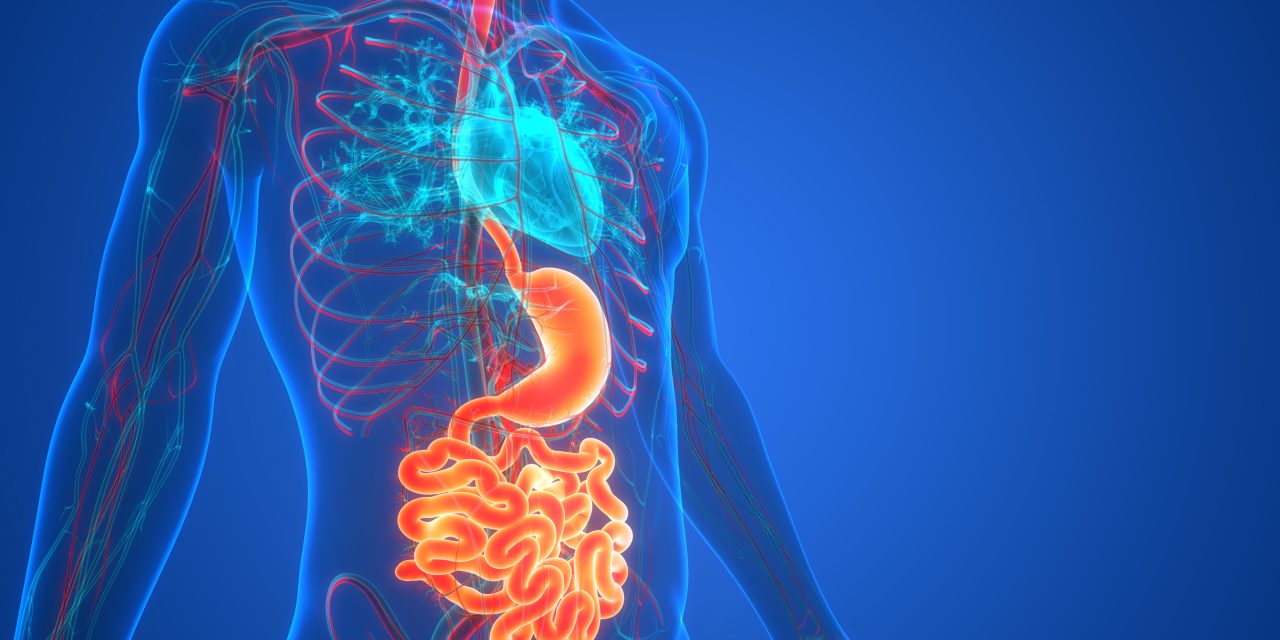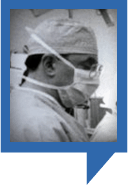Let’s talk about proton pump inhibitors (PPIs). These drugs, successors to the innovative H2 blockers, have revolutionized the treatment of gastro-esophageal reflux disease (GERD) and peptic ulcers.
But like all good things, too much can be a problem, and that’s where we are today.
A new study shows that of 90 patients who were tested and found NOT to have GERD, 38 (42%) continued to take PPIs that had been prescribed prior to the testing. Some, apparently, were not always told to stop the medication, and others continued it because they remained symptomatic.
Ambulatory patients are not the only ones overusing PPIs. According to UpToDate, the indications for stress ulcer prophylaxis in hospitalized patients are as follows:
Mechanical ventilation for more than 48 hours, coagulopathy, GI ulceration or bleeding within the past year, traumatic brain injury, traumatic spinal cord injury, severe burns, or two or more minor risk factors, including sepsis, ICU admission lasting >1 week, occult GI bleeding lasting ≥6 days, or high-dose glucocorticoid therapy.
But in most hospitals, intravenous PPIs are routinely ordered for any patient who is NPO (not taking food or drink by mouth). There is not one shred of evidence that PPIs are indicated in this setting. I am old enough to remember the days before PPIs and H2 blockers existed. I assure you that millions of patients were NPO and did not develop gastritis or ulcers.
Of course, PPIs are available over the counter (OTC) now, and although they are meant to be taken for only 3 weeks at a time and for no more than 3 such courses per year, there is really no limit to the number of PPIs purchased and used.
In 2010, an estimated $11.4 billion of prescription PPIs alone were sold. The amount of OTC drugs sold is not included, but Consumer Reports noted that in 2009, Nexium OTC sales amounted to $6.3 billion.
Among the adverse effects associated with PPIs reported in a recent systematic literature review are these:
– Clostridium difficile-associated diarrhea
– Community-acquired pneumonia
– Osteoporotic fracture
– Vitamin B12 deficiency
– Inhibition of antiplatelet therapy
Other studies show that hospital-acquired pneumonia may also be more frequent in patients on PPIs.
Many experts feel that the current epidemic of C. diff colitis is being fueled not only by the indiscriminate use of antibiotics, but also by the overuse of PPIs.
How can the overuse of PPIs be stopped? When I was teaching residents, I tried to confront them with the evidence of harm and lack of evidence of utility of PPIs for patients who were simply NPO. It didn’t seem to matter. Someone or something had gotten into their heads, and I couldn’t convince them.
I can’t count the number of outpatients I see who say they are on PPIs for GERD or “gastritis” but have never had a proper workup to establish those diagnoses. I have no idea how to stop the wholesale use of PPIs by primary care MDs, gastroenterologists and people who self-medicate.
It may be hopeless.
Skeptical Scalpel is a practicing surgeon and was a surgical department chairman and residency program director for many years. He is board-certified in general surgery and a surgical sub-specialty and has re-certified in both several times. For almost 2 years, he has been blogging at SkepticalScalpel.blogspot.com and tweeting as @SkepticScalpel. His blog has had more than 200,000 page views, and he has over 2,800 followers on Twitter.



 SkepticalScalpel
SkepticalScalpel